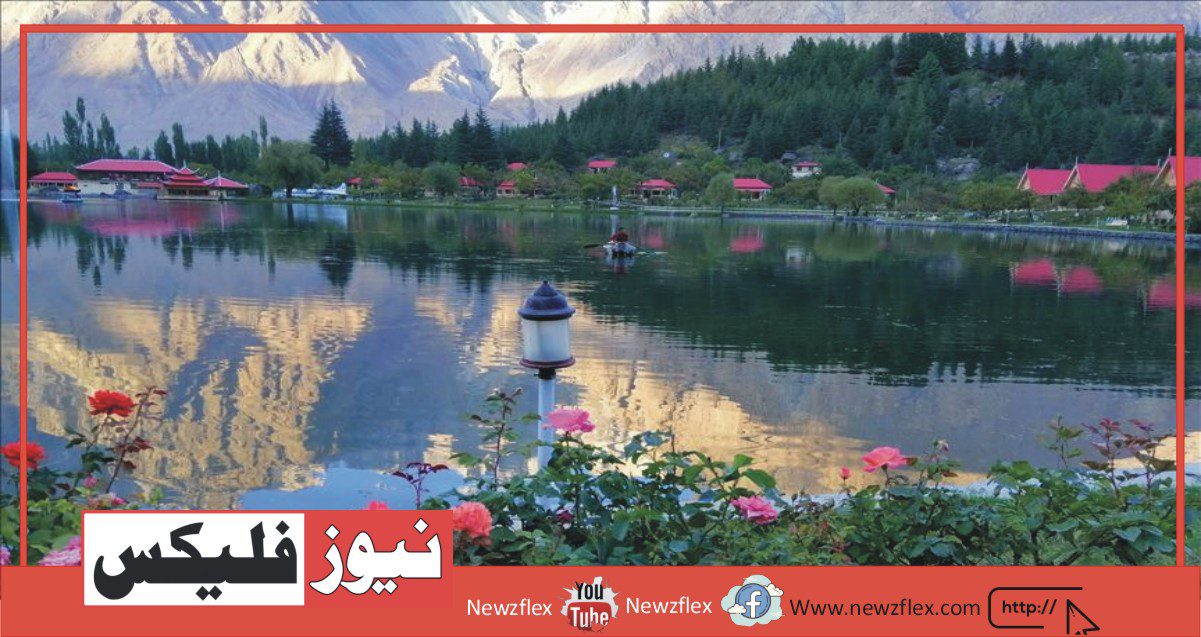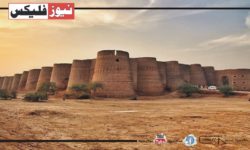
How to Find the Ideal Flat in Dubai: A Guide For Pakistani Expats
Dubai has developed into a global hub for expats, particularly luring Pakistani professionals seeking better employment opportunities and a higher standard of living.
With its cosmopolitan setting, excellent amenities, and robust economy, the city provides a diverse selection of residences for immigrants. However, it can be difficult to find the right rental flat, particularly if you’re unfamiliar with the area.
This comprehensive book aims to give Pakistani expatriates the necessary information and practical guidance to ensure their ideal rental property in Dubai.
Important Elements Affecting Rental Costs
- Location: Close to offices, colleges, and public transportation.
- Type of Property: Apartments, villas, or townhouses.
- Parks, swimming pools, and gyms are just a few of the facilities available.
- Market Trends: The state of the economy and seasonal variations impact market trends.
You may easily reduce your search and establish a realistic budget by being aware of these things.
Step 1 of the apartment rental process in Dubai is to search online
The initial step in your property search is to use online resources that specialize in Dubai real estate listings. All of the accessible residences are listed in detail on websites like Bayut, a trustworthy real estate platform in the United Arab Emirates.
You can use Bayut’s sophisticated features to compare and choose the Dubai apartment that best suits your needs after viewing your desired rental property. Sort the listings based on your budget. Determine the number of bathrooms and bedrooms you require.
Check for features like gyms, parking, security, and swimming pools. Additionally, make sure:
- Rent per year
- Details of the location
- Status: equipped or unfurnished
- Schools, hospitals, parks, and dining establishments are all nearby.
Step 2: Take a Look at the Property
After shortlisting homes online, schedule in-person viewings. This phase is crucial since it allows you to assess the condition of the apartment and the surrounding area.
While You’re There:
- Arrive early so you can explore the area.
- Take a detailed look at the property to check for issues with ventilation, natural light, plumbing, and general maintenance.
- Ask about any potential pre-move-in repairs or maintenance that may be necessary.
- Consider travelling at different times of the day to observe traffic patterns and noise levels.
Step 3: Present an Offer
If you’ve found a home that meets your needs, it’s time to make an offer. Rental agreements in Dubai typically have terms that range from quarterly to twice a year. However, landlords could provide reductions for yearly upfront payments. Make sure you are satisfied with the length of your stay; in general, longer stays translate into lower costs.
Step 4: Make a Reservation
To secure your chosen apartment, you will need to pay a refundable security deposit, which is typically equivalent to one month’s rent or 5% of the total annual cost. In most cases, a real estate agent will hold onto this money until the deal is finalized.
Make sure you have a receipt for this transaction because it serves as proof of your deposit. A copy of your passport and your residence visa—or your employer’s document, if it hasn’t been issued yet—are required.
Step 5: Go over the Tenancy Agreement and sign it
Once the money has been paid, your agent will deliver the tenancy contract. This agreement must abide by the tenancy regulations set forth by the Real Estate Regulatory Agency (RERA) in Dubai.
Important Aspects of the Agreement:
- Tenancy duration
- Rent amount and due date
- Duties related to maintenance
- Termination or renewal provisions
Both parties may discuss specific criteria as long as they both agree. Make sure you understand all the terms before signing.
Step 6: Use Ejari to register your rental agreement
Once signed, your tenancy agreement must be registered with Ejari. Your agreement is validated within the Dubai legal system by this registration. This process can be finished online or at authorized typing facilities using the following documents:
- The landlord’s original tenancy agreement and title deed
- copies of the passports of both parties
This step is crucial to protecting tenant rights under Dubai law.
Step 7: Utility Configuration
You must obtain utility connections from DEWA (Dubai Electricity and Water Authority) following the completion of your apartment purchase and contract registration with Ejari.
Documents Needed for the DEWA Connection:
- The DEWA premise number is often located on the building’s side.
- Ejari’s registration number
- Passport copies
- DEWA form completed (available at DEWA)
Despite being straightforward, the application process requires specific documentation. For apartments, be prepared to pay a security deposit of AED 2,000 (PKR 151,238).
Step 8: Permit to Move In
Several districts in Dubai need renters to obtain move-in permission before occupying their new residence. This procedure can take up to five days and is typically available on the developer’s website.
Required Documents for a Move-In Permit:
- A copy of your passport or Emirates ID, together with a certificate of payment completion
- A copy of the service charge receipt (from the landlord) and the tenancy contract
Step 9: Relocating
Once you have all the required utilities and permits lined up, you are prepared to move into your new home! Even while this process could appear challenging at first, you can make it much easier by following these instructions.
Before deciding to rent a property in Dubai:
- Make that all service charges are covered by the landlord.
- Verify that any maintenance issues have been fixed.
- Check that all of the conveniences specified in the contract are operational.
In conclusion
Finding the ideal rental apartment in Dubai as a Pakistani immigrant requires preparation and knowledge of local regulations. You may manage this process with ease by doing internet research, viewing homes, negotiating wisely, signing contracts, and setting up utilities.
If you are persistent, you will find a home in this vibrant city that suits your needs both financially and lifestyle-wise. Prepare yourself for a fresh start in Dubai!
Commonly Asked Questions
Question 1: What paperwork is needed to rent an apartment in Dubai?
A: Several documents are required for the majority of Dubai apartment rentals. A copy of your passport, resident visa (if one is available), or employer-issued visa processing documents are examples of this. A security deposit, which is typically equal to one month’s rent or 5% of the annual rent, is also required.
Q2: Does renting an apartment in Dubai come with any extra fees?
A: In addition to the monthly rental fee, there are other costs involved in renting a property in Dubai. Common expenses include utility connection fees for power and water, agency costs, and 2% to 5% of the annual rent. Service fees for facility maintenance may be included in rentals in communities with shared amenities.
Q3. Is it possible to work out a better rental agreement with my landlord?
A: Definitely! Landlords in Dubai frequently engage in negotiations. The number of rent checks (paying annually usually results in reductions) and any specific clauses you wish to include in the leasing agreement are just a couple of the many things you can talk about.








